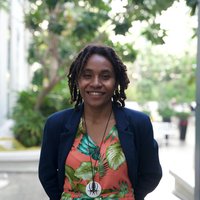I will not go down without a fight for climate justice
Some people have the luxury to choose whether to campaign for climate justice or pursue their dreams. My people are at the frontline of this climate crisis. We do not have the luxury of a choice.
Our people, the land, and the ocean
"I grew up on one of the remote islands in the Solomon Islands...my people are at the frontline of this climate crisis." Cynthia Houniuhi. Photo: Tini Media / Oxfam
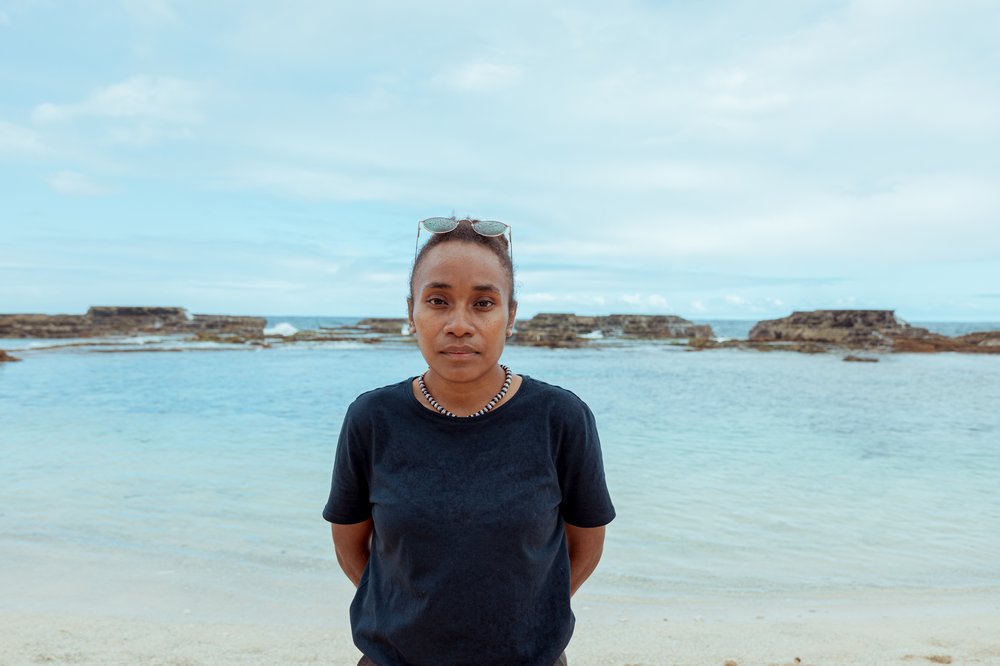
Climate change has undermined intergenerational learning
“I have seen how children from a young age are now taught how to swim – not so that they can enjoy it but more for the sake of surviving when the high tides come in their backyard due to sea level rise.”
- Cynthia Houniuhi
The 2014 Solomon Islands floods
Pacific Islands Students Fighting Climate Change
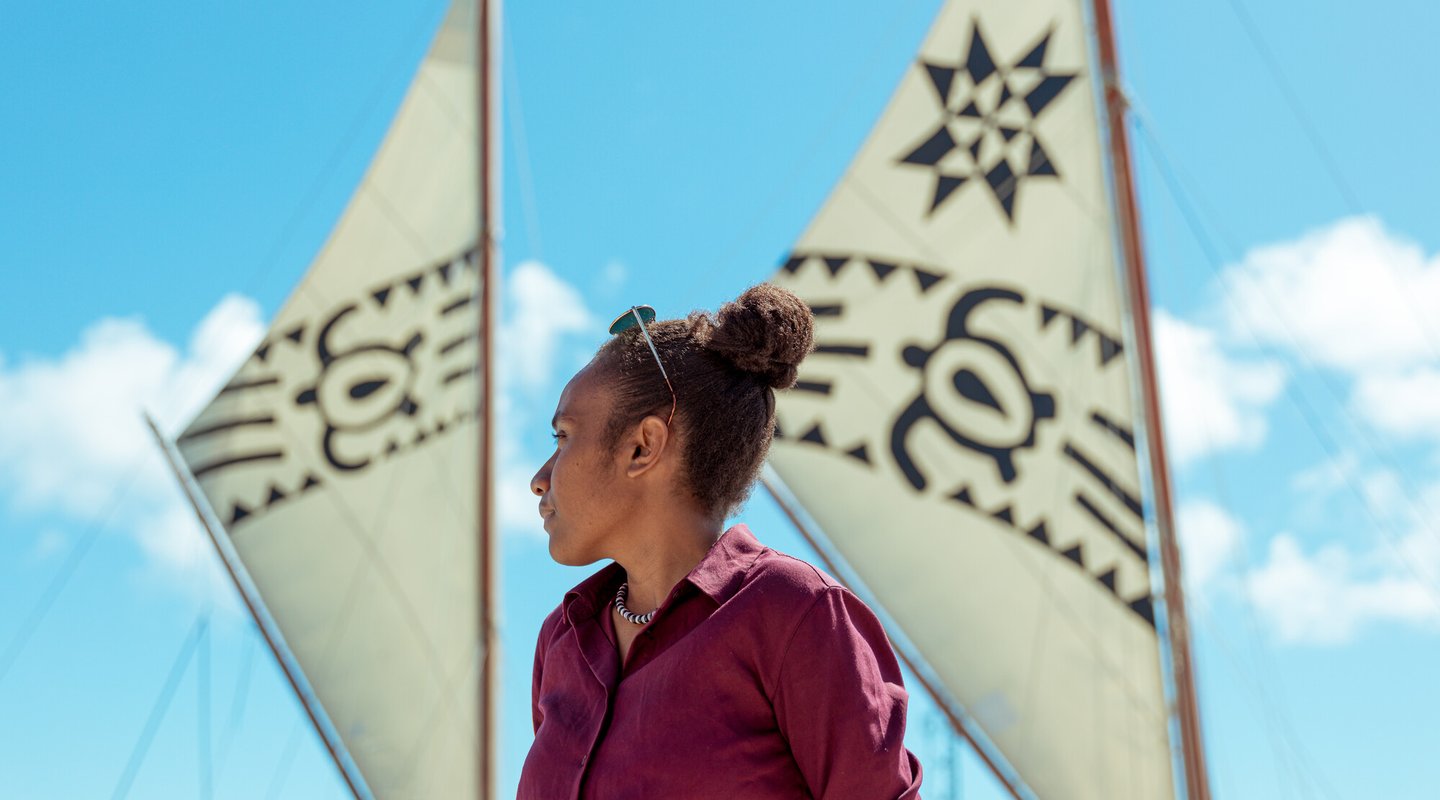
All of us came from eight different Pacific Islands. We all came from communities at the frontline of the climate crisis.”
Cynthia Houniuhi
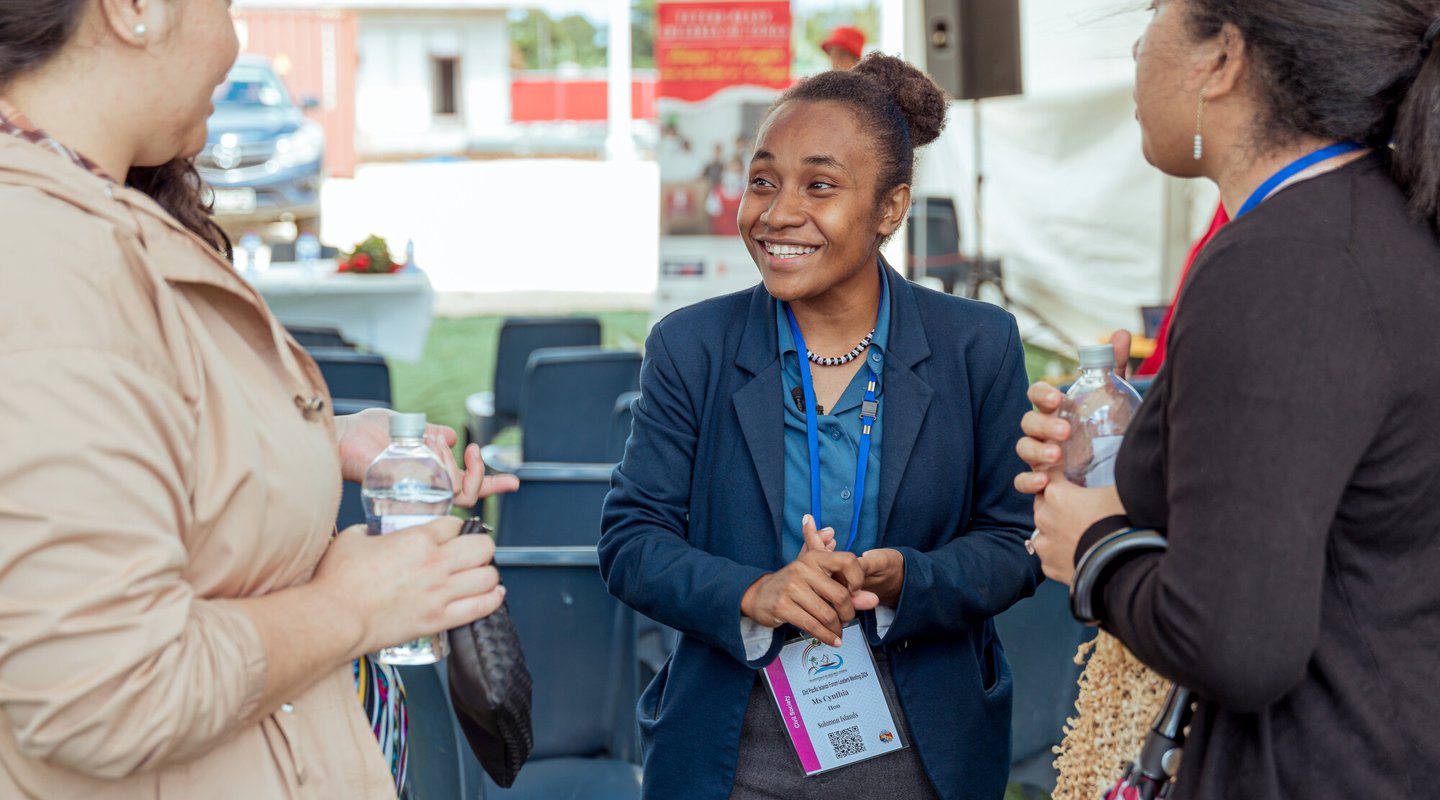
As students, we were aware that our government leaders were doing their part in representing us internationally – in the negotiation room, conferences, and workshops.”
Cynthia Houniuhi
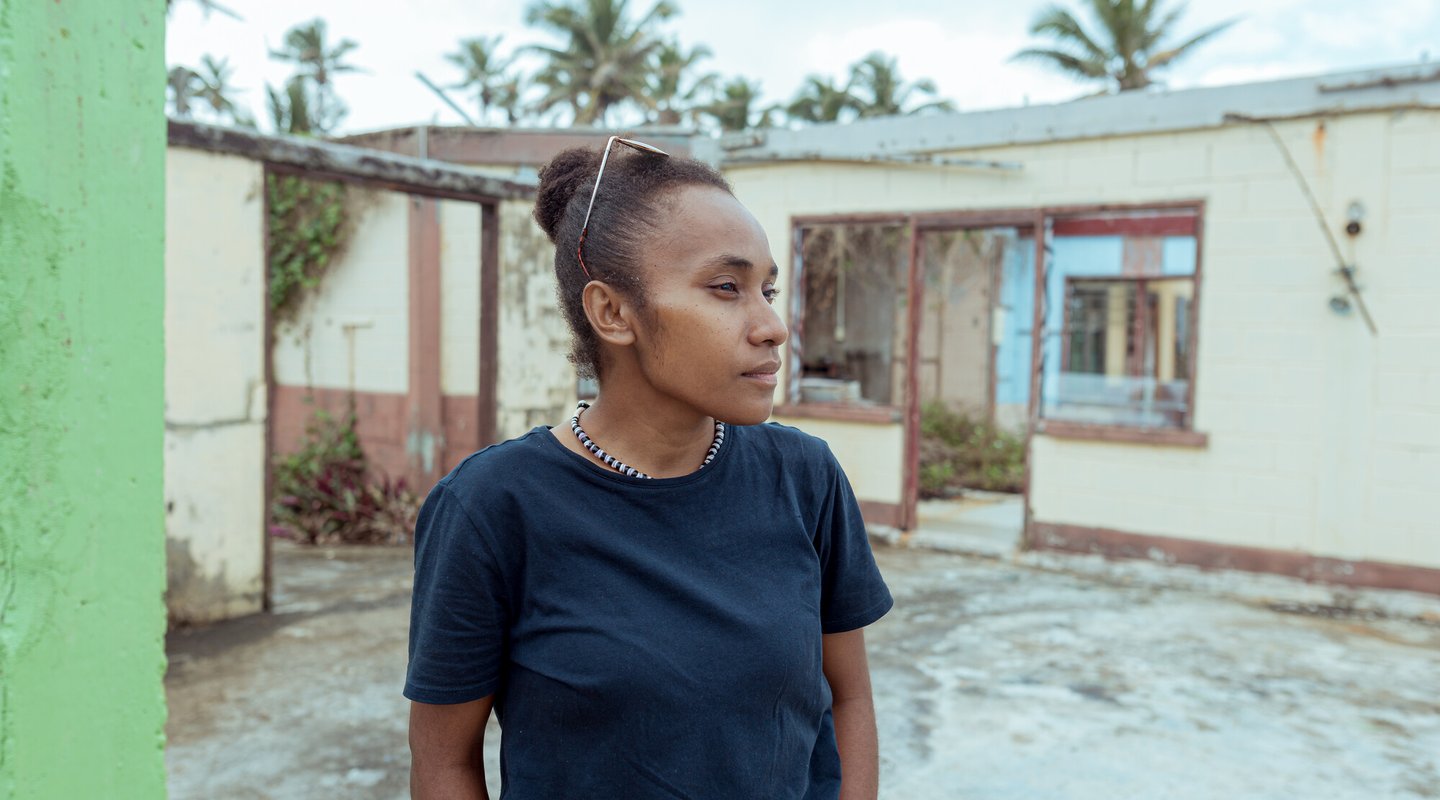
We were aware of the women in the villages trying to plant certain vegetables to adapt to the different weather patterns and using their traditional knowledge to ensure food security.”
Cynthia Houniuhi
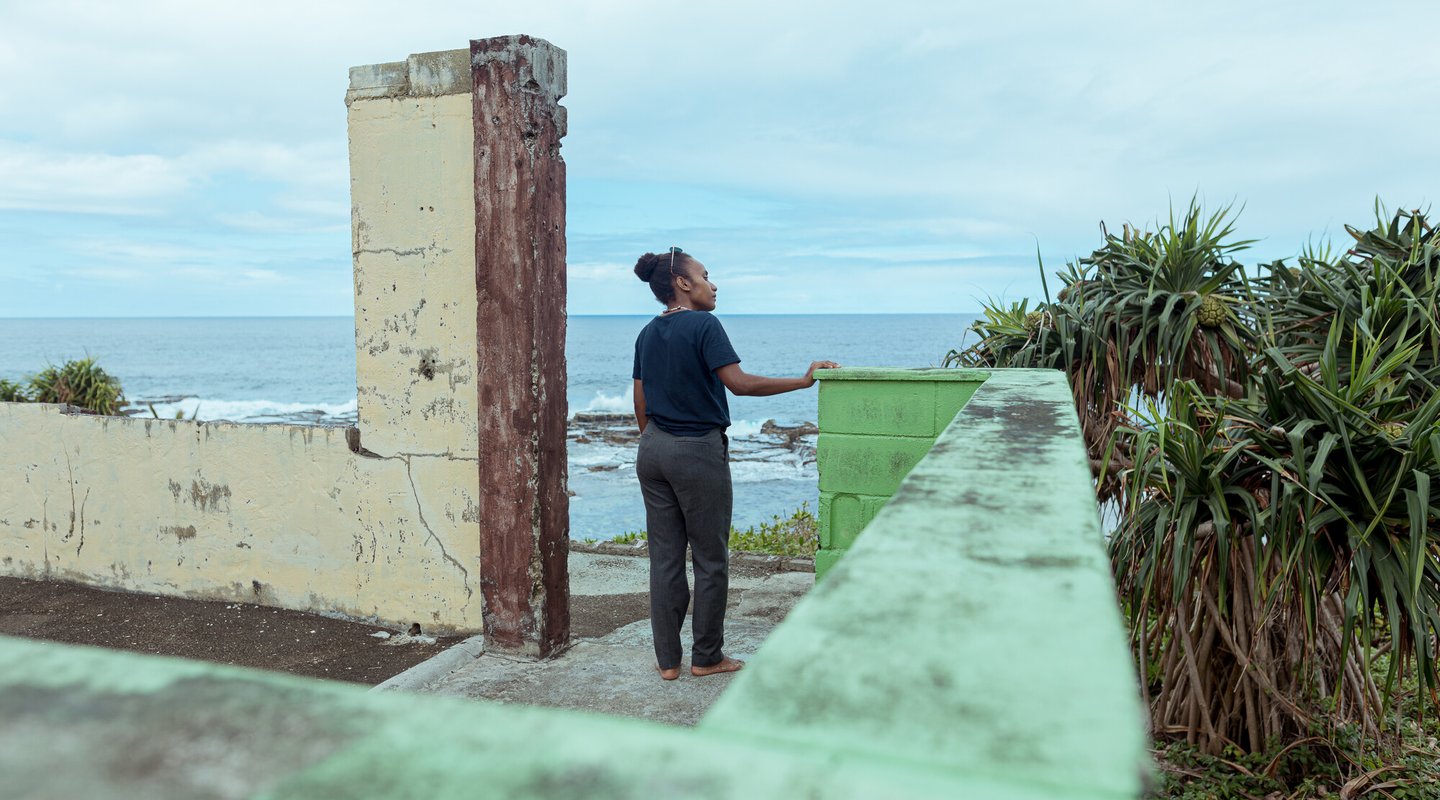
We were also aware of how young and old men in our villages are trying to build sea walls, as the sea keeps intruding into our homes.”
Cynthia Houniuhi
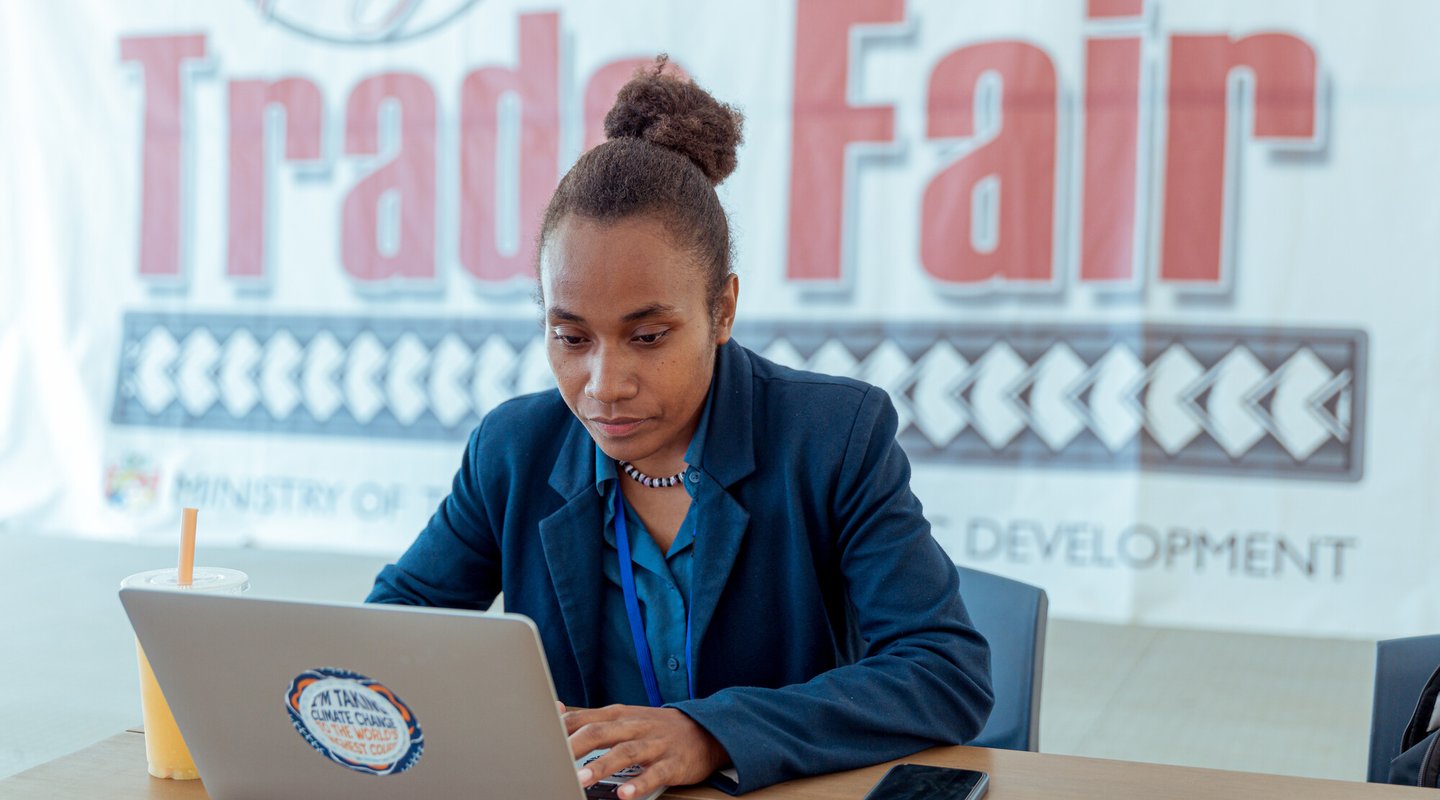
And so we were reflecting on ourselves and thinking, as law students, what do we add to this fight? What is our contribution to our communities?”
Cynthia Houniuhi
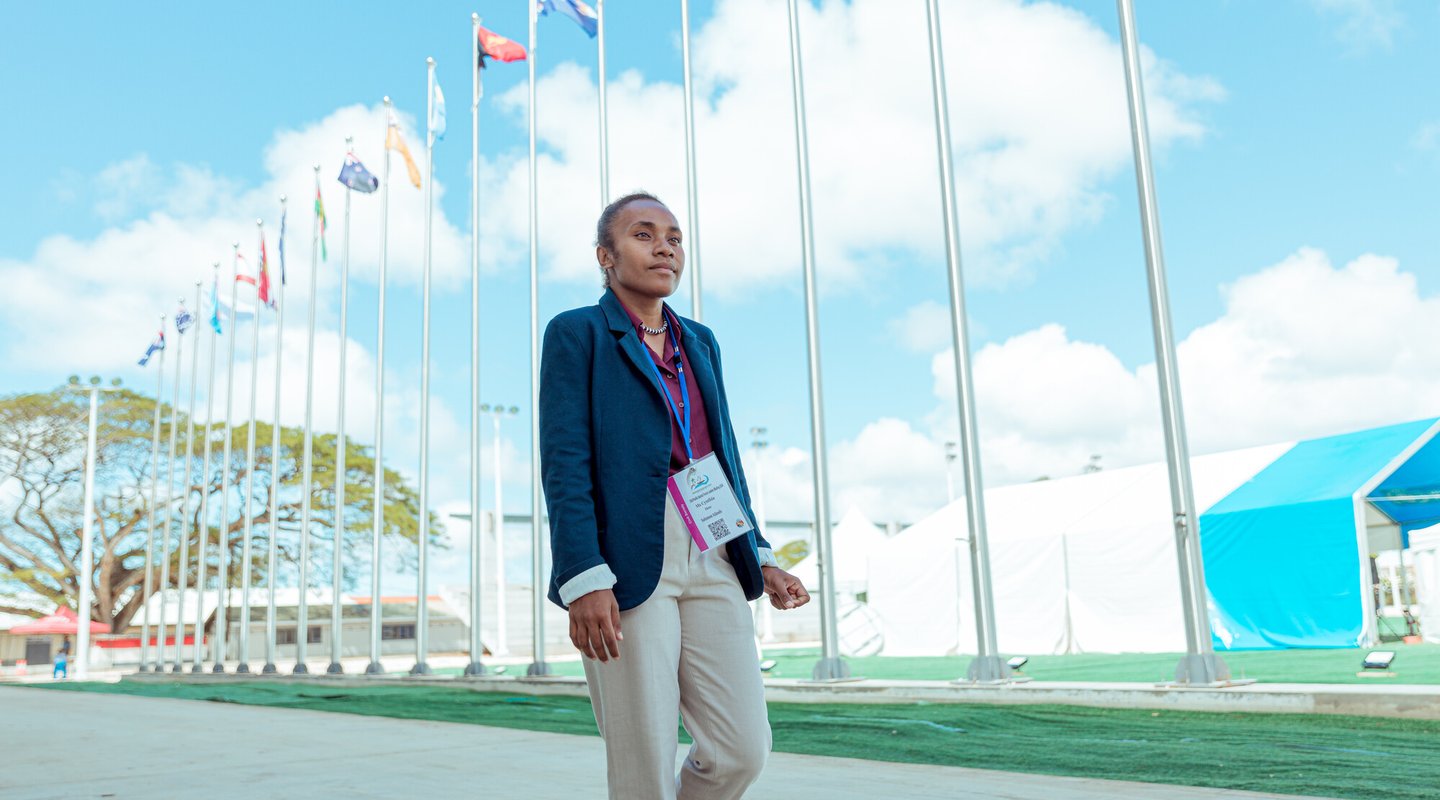
Cynthia Photo credit: Sahil Chandra/PISFCC
We were challenged to use our knowledge to find a legal pathway to bring about ambitious climate actions that will reflect the urgency of the crisis for our people.”
Cynthia Houniuhi
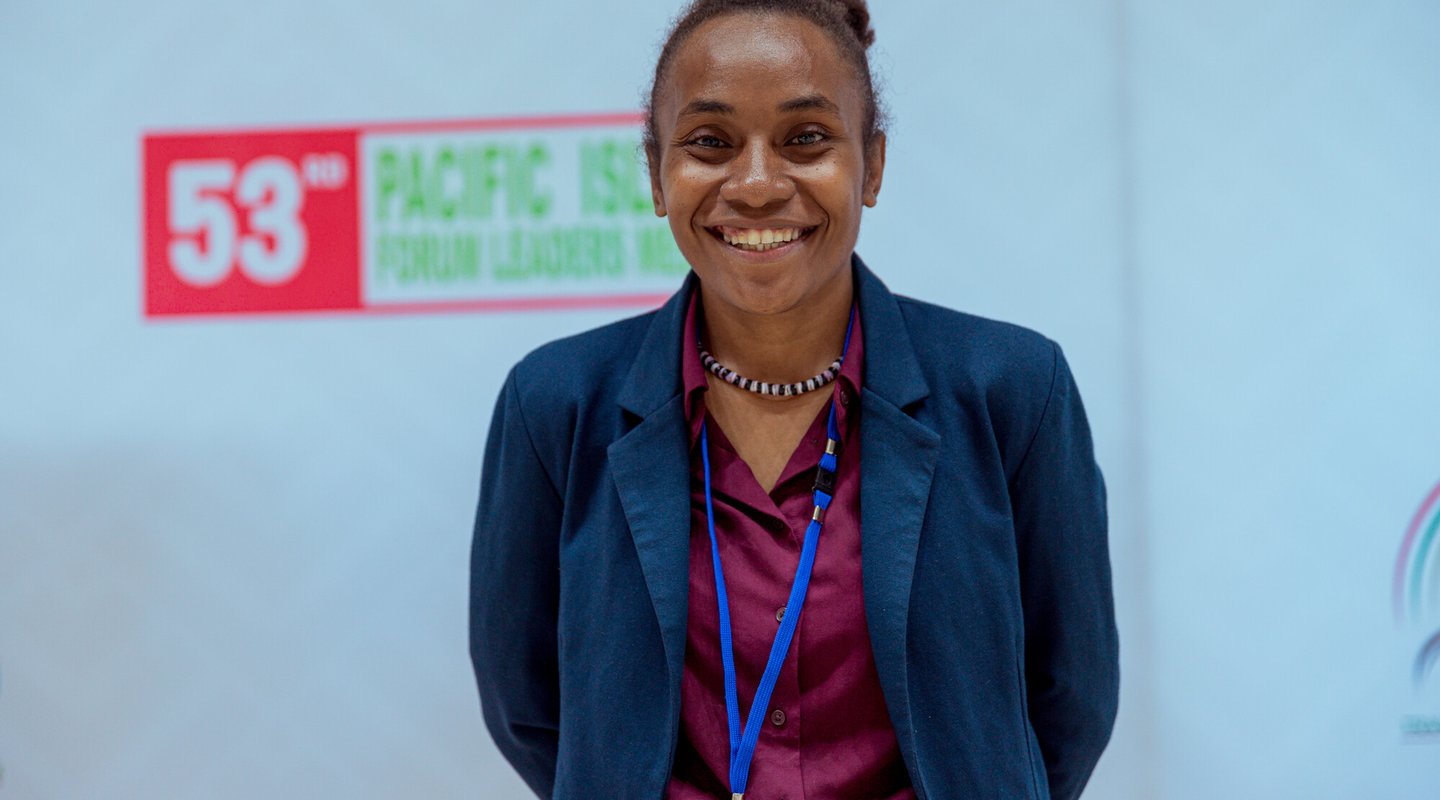
What use is our knowledge if it’s not to address the single greatest threat to our people?”
Cynthia Houniuhi
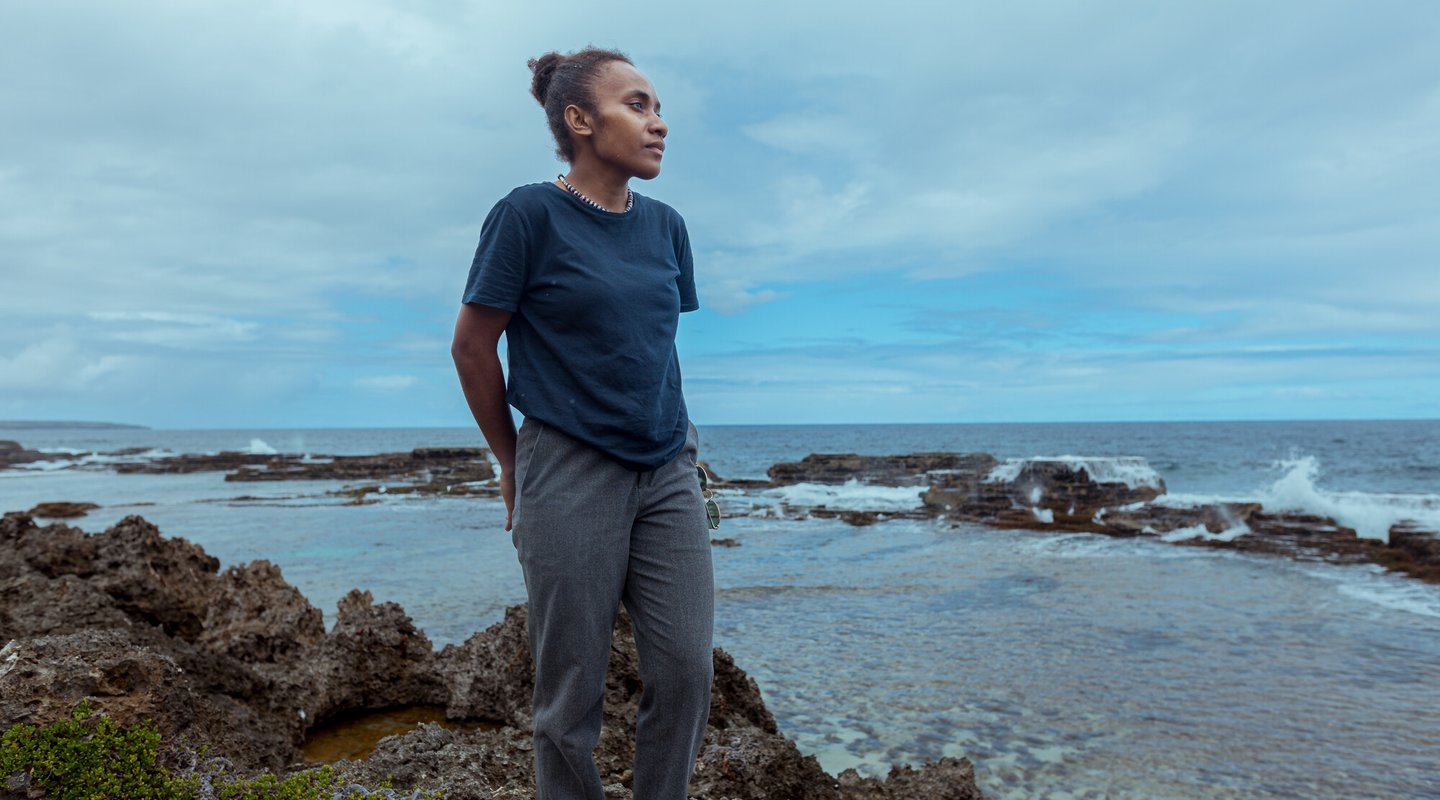
While the world is moving at no more than a glacial pace, our fishermen are risking their lives to find food for their families in the unpredictable weather.”
Cynthia Houniuhi
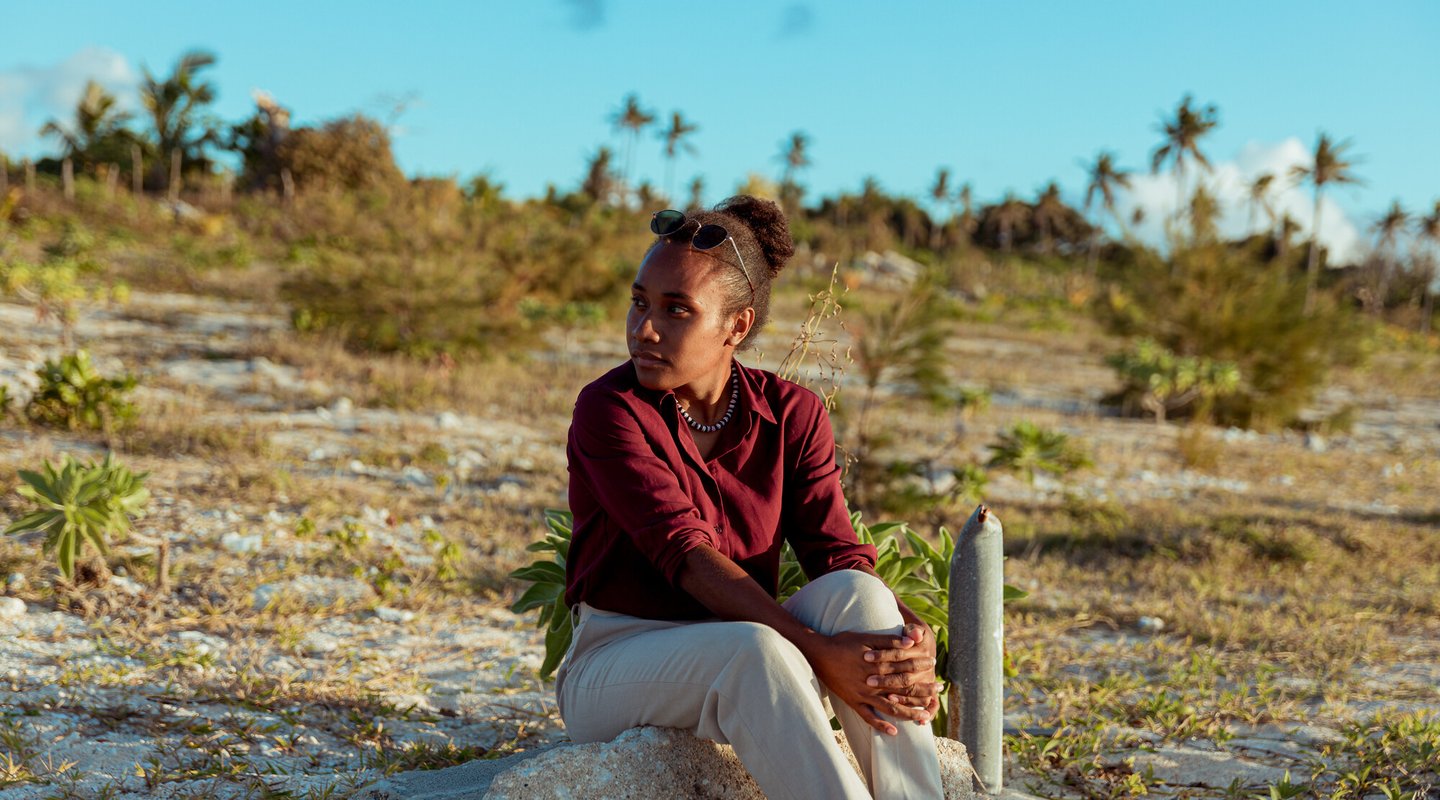
Our women are risking their lives to walk further distances to find clean water because of saltwater intrusion.”
Cynthia Houniuhi

These experiences for our aunties, uncles, brothers, sisters, and children are the motivation that pushed us to start this group, we needed ambitious climate action.”
Cynthia Houniuhi

We have had enough lip service and words without the action to support it.”
Cynthia Houniuhi
We need the world to be serious. This is a climate crisis and we need to say it and see it as it is.”
Cynthia Houniuhi
If we don't do anything now, who will?
Make Rich Polluters Pay
“We are in a critical decade and we need to be serious and stop asking nicely. There is nothing nice about the way the climate crisis is hitting my people.”
- Cynthia Houniuhi
"I grew up on one of the remote islands in the Solomon Islands...my people are at the frontline of this climate crisis." Cynthia Houniuhi. Photo: Tini Media / Oxfam
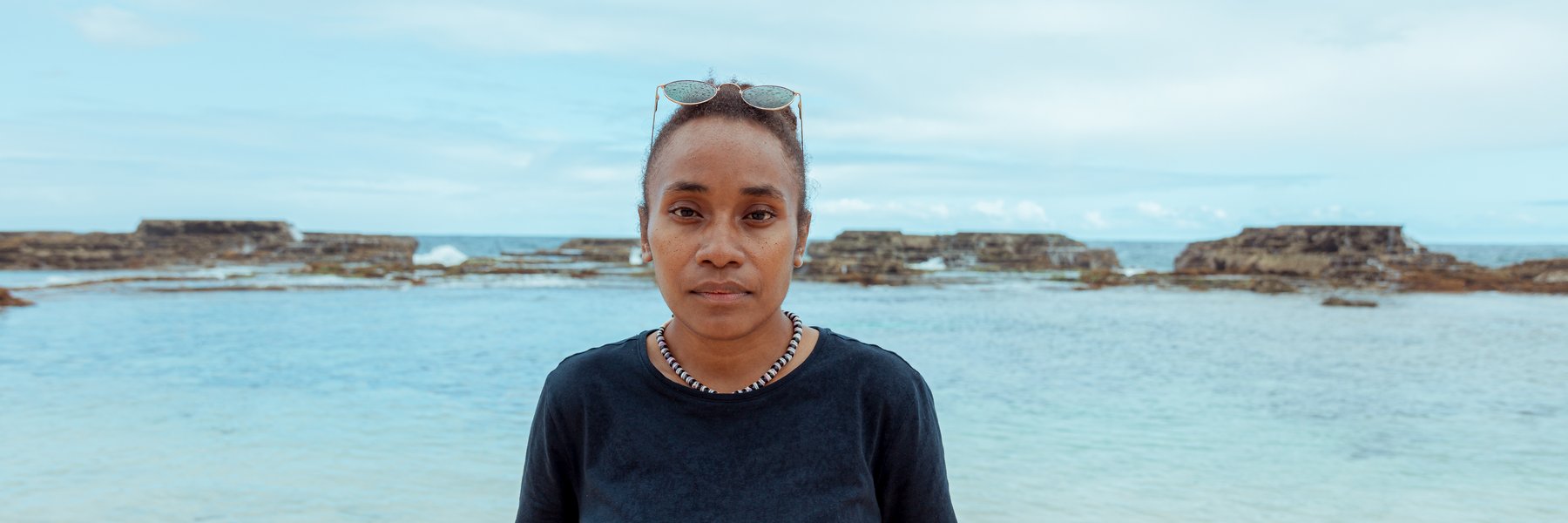
More posts like this
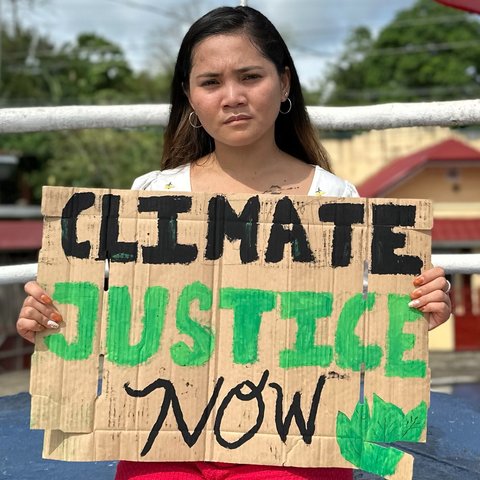
Join communities around the world calling for climate justice.
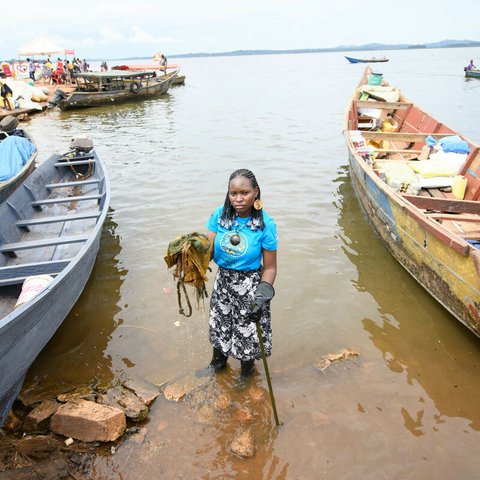
– Coming from my country Uganda, climate activism is not a choice, it’s a daily struggle.
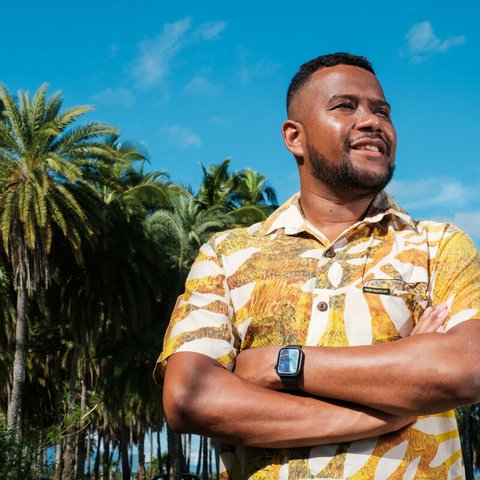
– I come from a community and a country that is at the frontlines of the climate crisis, and I’ve seen first-hand the disproportionate impacts of the climate crisis on our people and our natural ecosystem.
